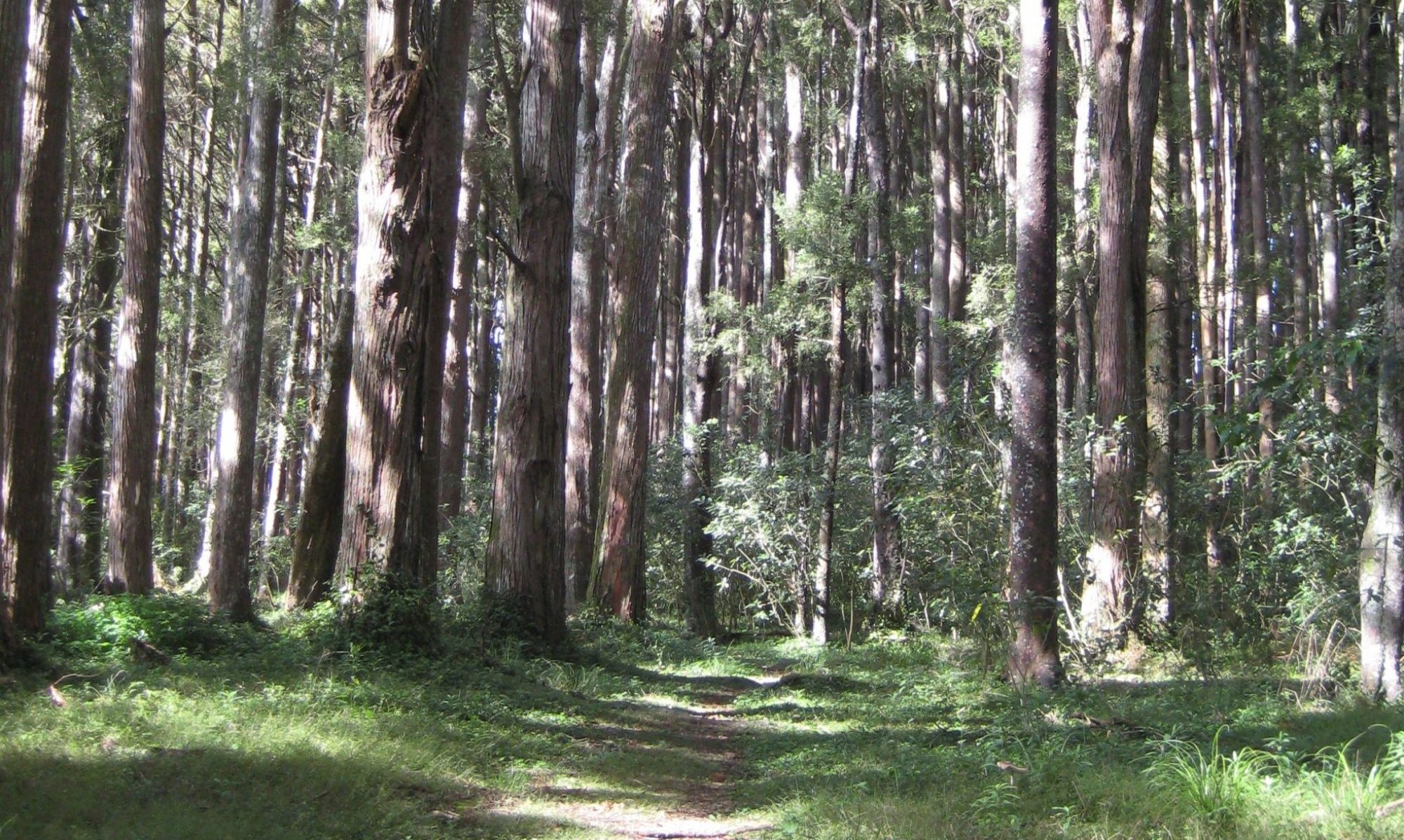The play I’ve been doodling with is slowly coalescing. So far I have notes aplenty about character, background, theme, motivation – you know, all that stuff that gives me warm fuzzles – almost everything. Except a story.
Pshaw! I hear you say. Mere details! I agree, like, totally.
So here I am, a few months on, and all I have is the first scene:
The stage is in DARKNESS. A hint of CITY SOUNDS – cars passing, honking in the distance. A BLAST OF TECHNO MUSIC as –
BOUNCER
(unseen)
I gave you fair warning so – get – OUT!
TWO BODIES crash onto the stage as the TECHNO MUSIC is muted with the SLAM of a FIRE-DOOR CLOSING. BEAT.
DAVE
(unseen)
Ow. Ow. I think he broke my elbow. Ow.
BEN
(unseen)
Good. I hope it hurts.
LIGHTS ON so we see DAVE and BEN lying on the stage, their heads to the audience.
BEN FEPULEA’I is a thickset New Zealand-born Samoan in his twenties, his trendy clothes always a little tight to emphasise his musculature.
DAVE TAN is a slim New Zealand Chinese also in his twenties, conservatively dressed but with little flourishes of ‘personality’.
BEN
(sits up)
This is all your fault.
DAVE
My -?!
(is about to sit up but -)
Ow! Ow. Ow.
BEN
My beer -.
(scrambles to his feet)
My beer!
DAVE
Ben, don’t make a scene –
Ben pounds on the nightclub door.
BEN
I PAID TEN BUCKS FOR THAT BEER!
No response from the nightclub.
BEN
BASTARDS!
He goes to his friend who’s still on the ground.
BEN
This is all your fault!
DAVE
We were just talking!
BEN
The next time we’re talking about the differences between cultures, use me as your prop rather than some random guy, okay?
Dave takes the outstretched hand and is soon beside Ben, brushing himself off.
DAVE
Some people have no sense of humour –
BEN
You dropped to your knees and unzipped some guy’s pants!
DAVE
I was making a cultural point. Anyway, you would’ve made a bad example.
(off Ben)
You’re my best friend.
LIGHTS OUT for a scene change.
This got an airing a month or so ago, largely because a). a gathering of writers needed something to sink their teeth into, and b). I’d left my prep a little last minute.
After the group reading, an uppity actor asked, Of all the different ways you could’ve introduced these two friends, why this way?
I confessed that although I’d written a whole lot around my idea for the play I hadn’t given much thought to the logistics of theatre. Then I had a what-if? moment: what if it started with the actors lying on the stage before the audience? I suppose I worked backwards from that, making up dialogue and movement would answer the burning question of how come they’re lying on the stage, as well as establish their friendship and dynamic.
It’s rough. And clunky. Even though it read okay out loud. And it’s a start.







